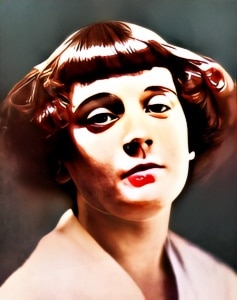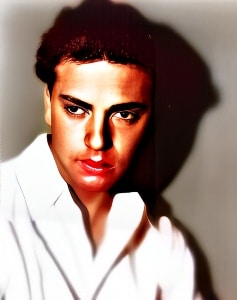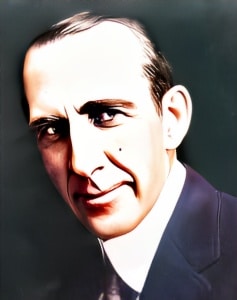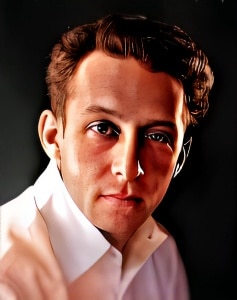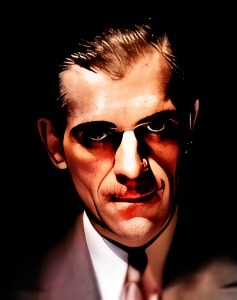 Boris Karloff, born William Henry Pratt on November 23, 1887, in London, England, was a legendary British actor known for his iconic portrayal of monsters in classic horror films.
Boris Karloff, born William Henry Pratt on November 23, 1887, in London, England, was a legendary British actor known for his iconic portrayal of monsters in classic horror films.
He is considered one of the most influential actors in the history of horror cinema.
Karloff’s career in acting began on the stage in Canada, but it was in Hollywood that he would find fame and recognition. He took the stage name “Boris Karloff” at the suggestion of a film producer.
One of his most famous roles was that of the monster in the 1931 film “Frankenstein,” directed by James Whale. Karloff’s portrayal of the lumbering, sympathetic creature became an enduring and iconic character in cinematic history. He continued to play the role of Frankenstein’s monster in several sequels.
Another of his iconic roles was in the 1931 film “Dracula,” where he portrayed the character of Im-Ho-Tep (Ardath Bey). While he was not the titular Dracula, Karloff’s performance added to the film’s eerie and unforgettable atmosphere.
In addition to these famous roles, Karloff starred in other classic horror films, including “The Mummy” (1932) and “The Black Cat” (1934). His distinctive voice, commanding presence, and ability to evoke both fear and sympathy in his characters made him a beloved figure in the horror genre.
Karloff’s career extended beyond horror films. He appeared in a variety of roles in different genres, demonstrating his versatility as an actor. He also performed on radio and television, adding to his wide-ranging body of work.
While he was best known for his horror roles, Boris Karloff’s dedication to his craft and his impact on cinema reached far beyond the horror genre. He remained a respected and beloved figure in the entertainment industry throughout his career.
Karloff continued to act in films and television until his later years. He passed away on February 2, 1969, in England, leaving behind a legacy of work that continues to be celebrated by fans of classic horror cinema and those who appreciate the art of acting. His contributions to the horror genre and his ability to humanize iconic monsters have solidified his place as a legend in the history of film.
Loading live eBay listings...

